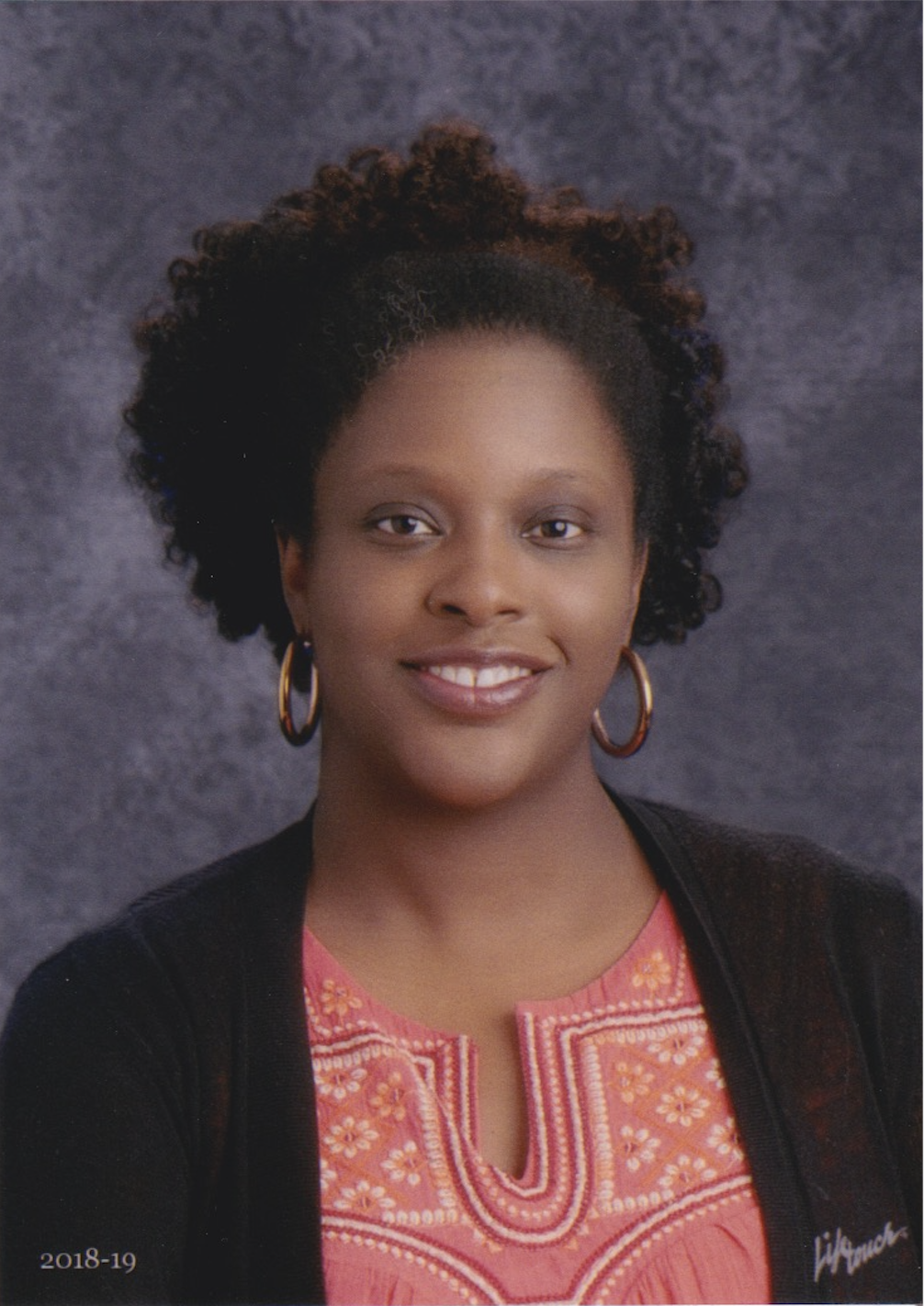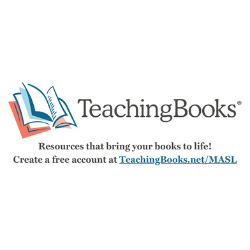Before Diversifying Your Library Collection- Read This!
By: Lauren Lynn
Caution: The next few sentences will be a pearl-clutching moment for many librarians! Is Mary Hoffman’s Amazing Grace one of your favorite books? Well, it is not one of mine! Don’t get me wrong- the story and the illustrations are great and the book has an important message that needs to be told. As for me, it falls into the category of a “struggle book.” A struggle book is a book that has African American/Asian/Latinx character(s) who must “struggle” to overcome segregation, racism, and/or civil rights. Struggle books often have characters who have to prove themselves-like our friend Grace who proves to her classmates that a black girl can play the role of Peter Pan.
Now I am not saying librarians should withdraw all copies of Amazing Grace. As an elementary librarian, I definitely have “struggle books” in my collection because they are important. These books help children to learn about important and tough topics like discrimination and equal rights. I love titles like Freedom Summer and White Socks Only (which I even pair with a primary source) but it is important to make sure that these are not the only titles that we have in our collection of diverse books.
It is essential to have both picture and chapter books that show diverse children living their everyday lives and not constantly going through a “struggle.” After a quick catalog search, I found that there were over 20 copies of Mary Hoffman’s Amazing Grace, yet there were only a few copies of Addie K. Boswell’s The Rain Stomper which features Jazmin, an African American girl who is upset when rain threatens her neighborhood parade.
#OwnVoices
To take things a step further, I want to ask librarians to look for #Ownvoices books too! #Ownvoices is a Twitter hashtag created by Corinne Duyvis that became a movement to promote books about diverse characters that have been written by authors of that same diverse/marginalized group. Amazing Grace and The Rain Stomper both feature African American girls. While both are good stories, they do not reflect the #ownvoices movement because they were written by white women. While there are no strict guidelines for the #ownvoices movement, Duyvis says most #ownvoices books “have a protagonist and author that share a marginalized identity.” Titles like The Hate u Give by Angie Thomas is a #ownvoices book because both the author and protagonist are African American.
It is OUR Responsibility
Since librarians are the primary people responsible for ordering books and reading materials for a school, they hold a lot of power. We need to use that power to make sure that our collections reflect as many aspects of a culture as possible. While cultures/ groups of people go through struggles, they also live regular lives and do everyday things and our collections should have books and resources that reflect both of those concepts. For every “struggle book” in our collection, there should be a non-struggle book for a more complete representation of a group. We also need to make sure that our collections have some #ownvoices titles to provide our readers with the most authentic reading experience possible.
About Lauren Lynn
Lauren is a life-long Marylander and enjoyed “playing library” as a child. She is the school librarian at Huntingtown Elementary School and is constantly working to diversify her library. She was a 2019 finalist for Teacher of the Year for Calvert County, serves on her district and school equity team, and is a Washington Post Teacher of the Year finalist.













